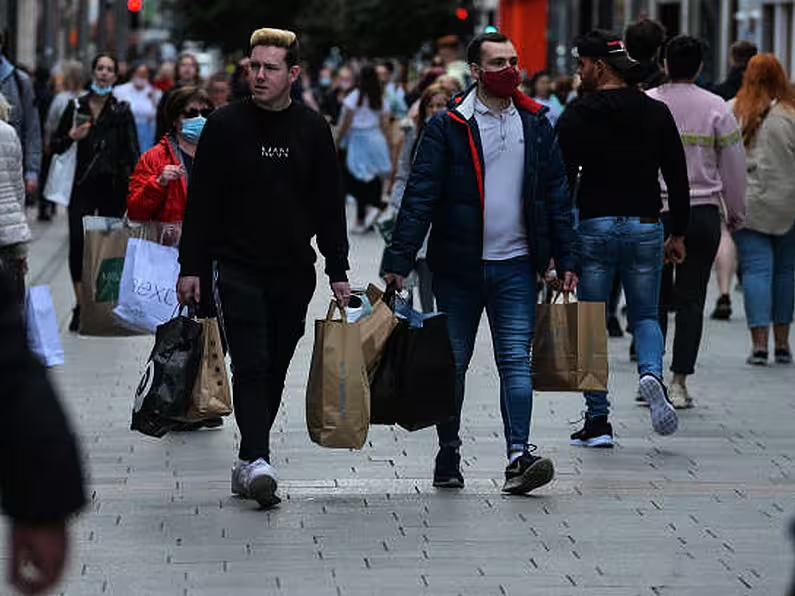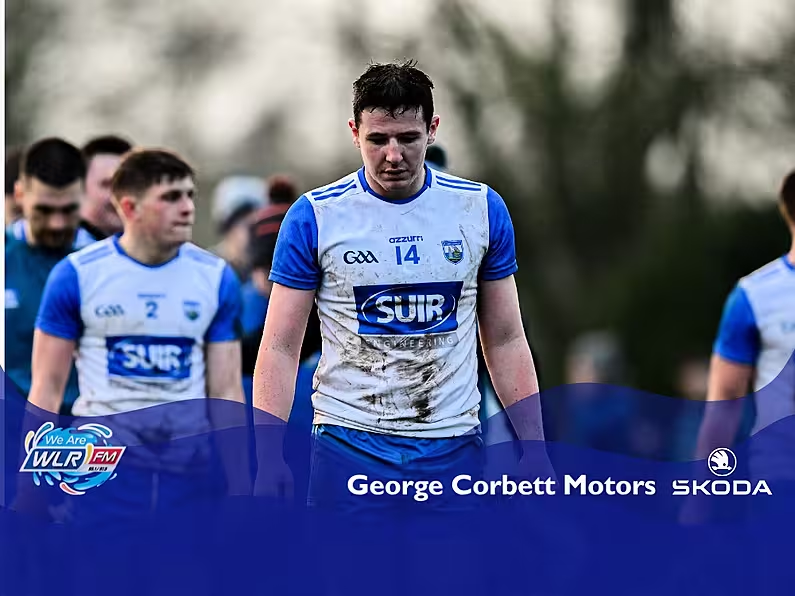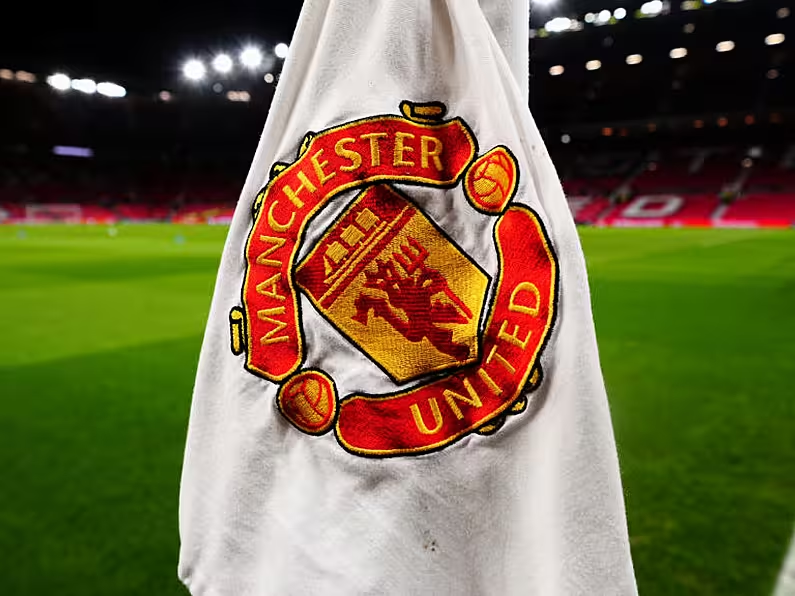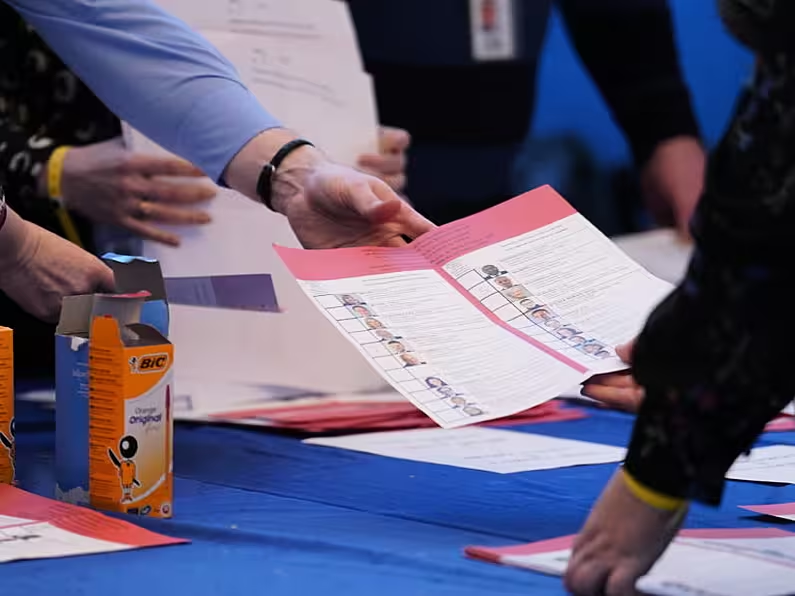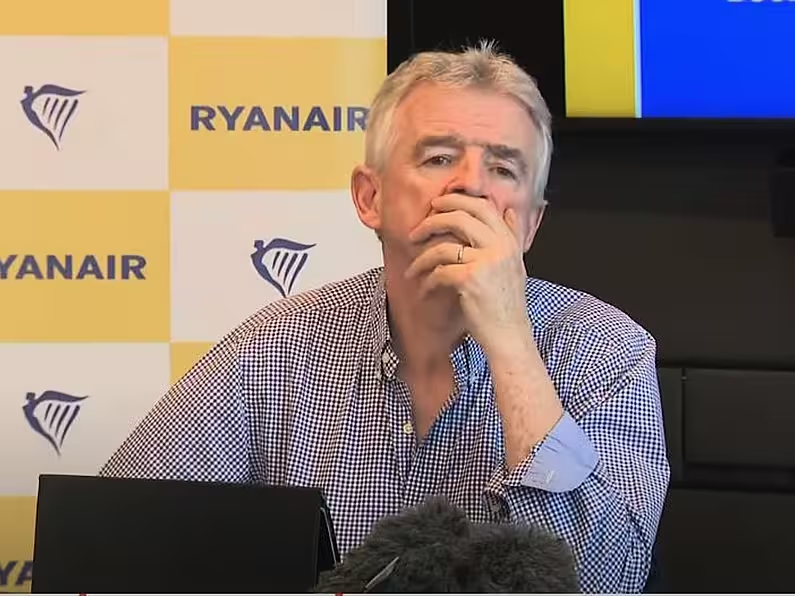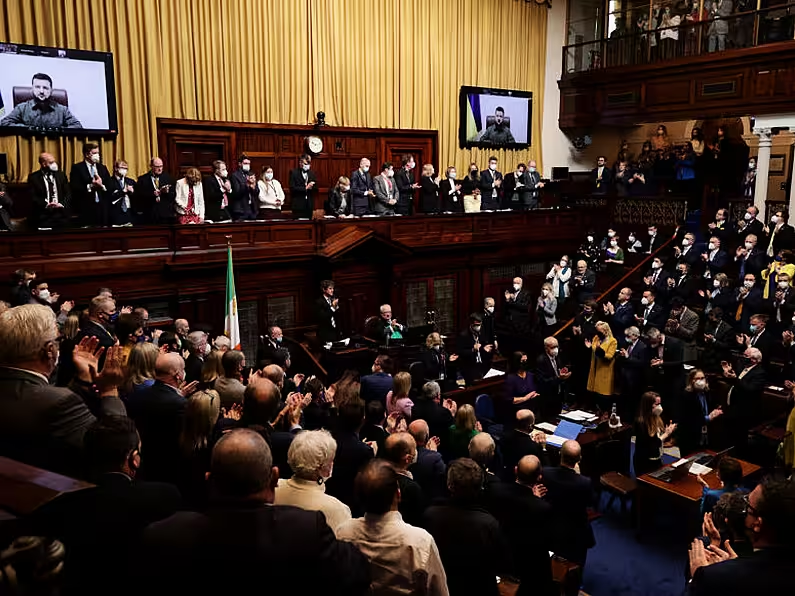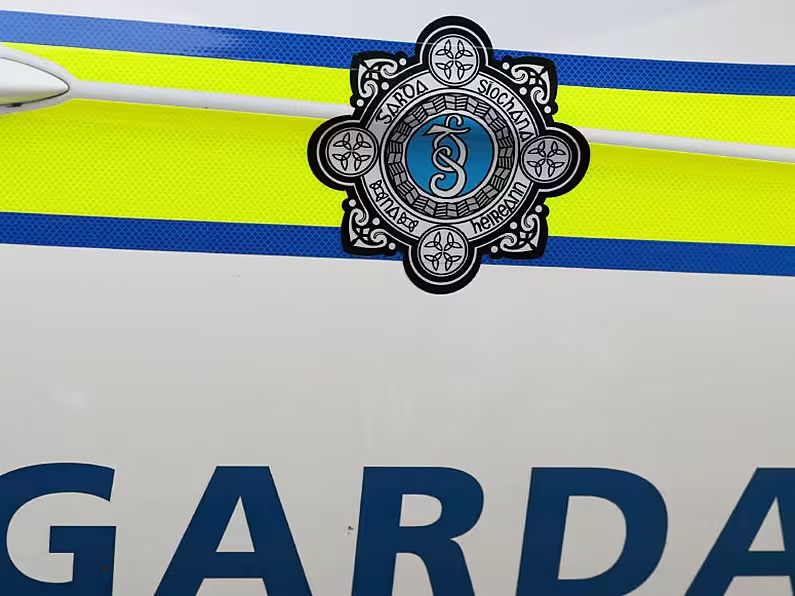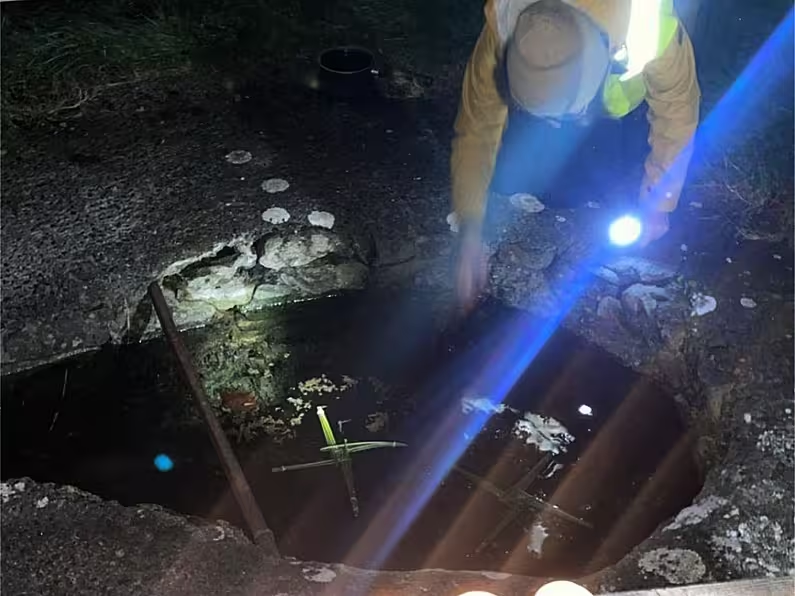Digital Desk Staff
A World Health Organisation (WHO) expert believes Ireland will have to re-impose regional restrictions due to the Indian variant.
As the Irish Examiner reports, there have been 59 cases of the worrying strain detected here so far. There are over 3,400 in the UK after a 160 per cent rise over the past week.
Ireland has the fifth lowest 14-day incidence rate of Covid-19 in the EU with 469 new cases reported yesterday.
Dr David Nabarro, a Special Envoy on Covid-19 for the WHO, believes social-distancing and mask-wearing will continue for some time.
He warned that we are not out of the woods yet said it will be a number of months before people can breathe a sigh of relief.
“I don't think we will ever be able to go completely back to where we were two years ago.
“Simply because we are going to be nervous. Not just about this pandemic but about another pandemic possibly coming."
Dr Nabarro also believes the Indian variant will grow here.
He said that incidence of the variant will increase, and it will be necessary to occasionally restrict movement and introduce widespread testing.
“There are going to be movement restrictions, at least in the foreseeable future," said Dr Nabarro.
“They will be localised, but I don't think they will be nationwide movement restriction unless Ireland is very, very unlucky."
Some immunologists believe vaccines should still protect against the mutation.
75 per cent effective
The boss of BioNTech has said the Covid vaccine it has developed with Pfizer is likely to be as effective against the Indian variant as it is the South African one.
A scientific paper recently found the jab to be around 75 per cent effective against that strain.
Meanwhile, it has been revealed that eight people in Ireland have developed a serious allergic reaction after taking a Pfizer or Moderna Covid vaccine.
The Health Products Regulatory Authority (HPRA) received a number of reports of the condition, called anaphylaxis.
It has said only eight are classified as cases and all patients have recovered.Less than five were also associated with low platelets, according to the medicines watchdog.
They were all under 40 and got the condition after their first dose and they have been discharged from hospital.
Dr Denis McCauley, from the Irish Medical Organisation (IMO), said these reactions are known side-effects of mRNA vaccines.



